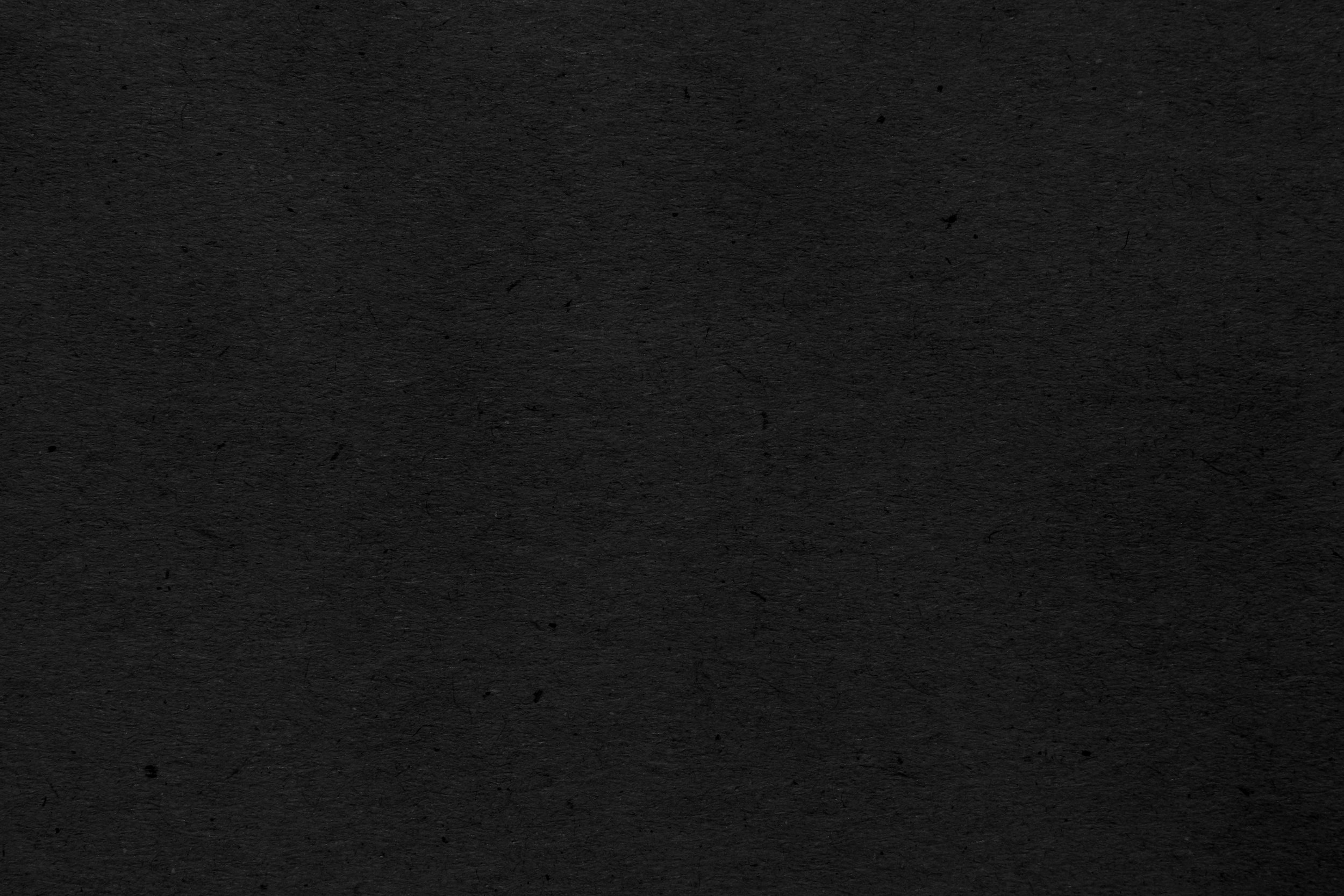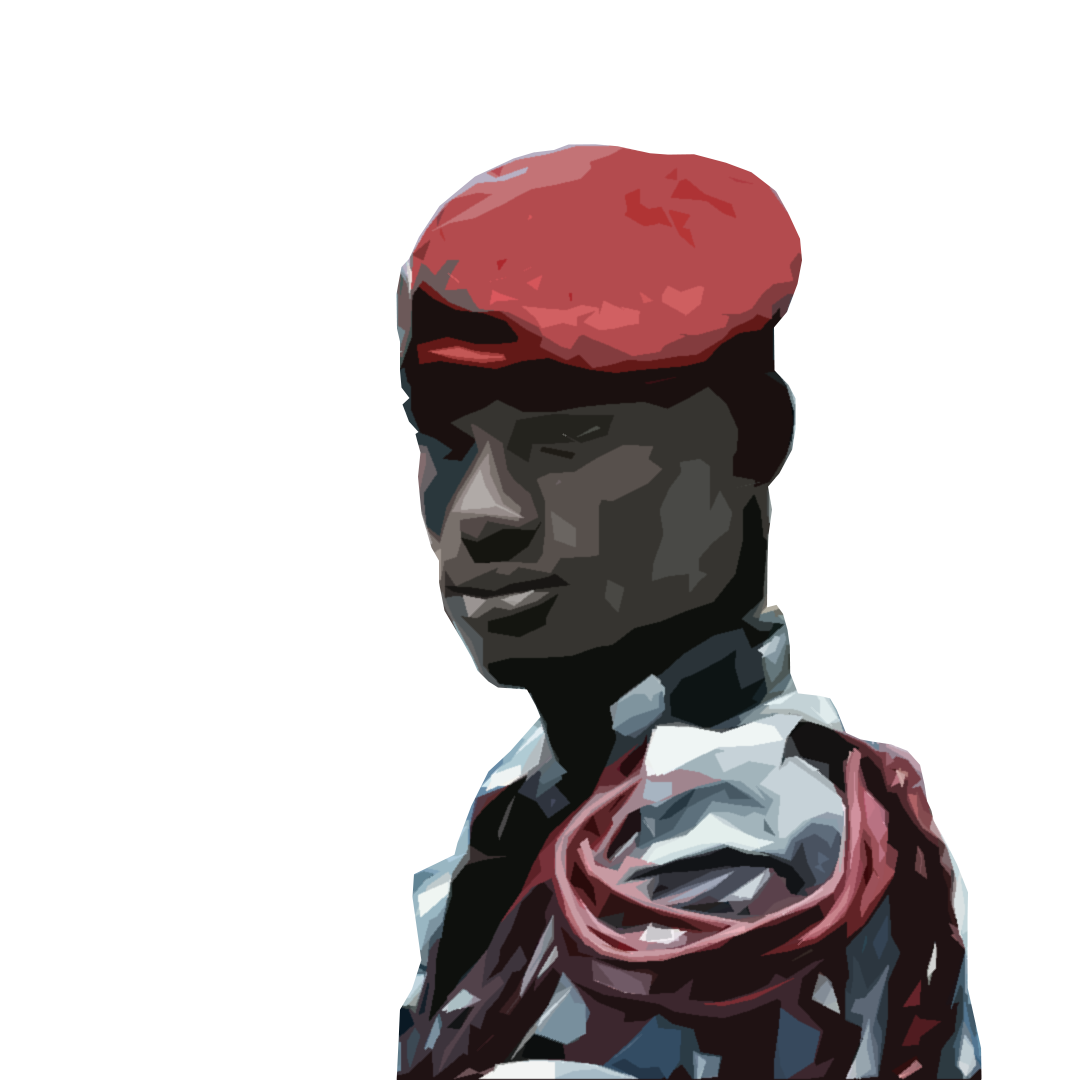
Jean about his role and thoughts on politics

I interviewed Jean from the comfort of my balcony in Goumel after he finished his shift and went to the gym that evening. This interview happened a few weeks after the political unrest in February and before the new election date in March, after my return to Ziguinchor. This was due to availability on both of our sides but it also allowed us both to process what had happened a few weeks ago by the time of this interview. Initially, I was struggling with how I should bring this topic up, especially considering that a portion of my research’s participants up to that point had included people who were active during the protests as well. The interview went well, with Jean being very open about his thoughts and experiences and even suggesting buying some beers at a nearby store to drink on the balcony during the interview.

Jean started by repeating what he had to say during the last interview. He said how he got moved to Ziguinchor in the summer of 2023 during the unrest at that point and that everything had been quiet in between the unrest of mid-2023 and early 2024. He mentioned that he was aware that his primary role in Ziguinchor was to preserve order due to such unrest as he was attached to the mobile brigade, allowing him to be deployed all over the country if needed there.
I asked him about the riots that happened a few weeks before the interview and if he got any involvement in that, referring back to what Jean said previously of being sent to Ziguinchor to deal with those in the first place. He confirmed that he had been active in the city in the previous weeks and said that he was ordered to protect certain buildings in the Escale neighbourhood, where most of the government buildings and institutions were based. He explained that his superiors ordered Jean and his colleagues to prevent any protestors from entering the Escale neighbourhood, posting them at strategic points such as the roundabouts to prevent crowds from reaching government buildings. I thought back to what Chérif had said before and how he criticised the protestors for not going after the government buildings. According to Jean, many did try to but the authorities held them back. I asked Jean about his experiences during the unrest, to which he replied that he was often out with his colleagues, wearing riot gear with shields.
I asked why it made him feel scared. Jean answered that the police were outnumbered by the crowds and that they had to defend themselves from the bricks that were thrown at them. Immediately after that, he said that he fired tear gas canisters into the crowds as well, stating that it was more as self-defence than to follow orders, feeling that the crowds would seriously hurt him if they had the opportunity to.
He added that he understood the crowds, saying that he supported Sonko and Diomaye as well and did not agree with Sall’s government.
According to him, it was tough to defend the government as he sympathised more with the ideas of the crowds facing him, even though he criticised their actions, stating that he would rather have a dialogue between the people and the government.
Based on his previous statements, I decided to ask Jean a purely hypothetical question, something I had not planned on asking him before or during another interview throughout this research but I was intrigued. I asked Jean if, hypothetically, the March 2024 elections would be delayed again or if the government rejected the outcome of the elections for whatever reason, what would happen according to him? I made it clear that he would not have to answer the question if he did not wish to do so, emphasising that it is purely hypothetical. Jean considered the question for a moment. When he spoke, he said that if something were to happen to Diomaye and Sonko, the people would revolt.
This was interesting as I never named specific people in my question. He continued to say that the government or the French have eliminated political opponents before but that Sonko and Diomaye have become to big to be eliminated. The government would use the army but there would be more people in the streets than the soldiers could take on, according to Jean. Referring back to what he said about the army, I carefully asked Jean what the role of the police would be in such a scenario. He considered the question again, taking a sip from his can while looking over the balcony before saying that matters needed to change.
“it was really scary, I am not ashamed to say it”
“ça faisait très peur, je n’ai pas honte de le dire”
“I don’t get pleasure from doing that, I am not a brute”
“Je ne reçois aucun plaisir de faire cela, je ne suis pas un brute”
“If you look at the past 12 years, you see that things need to change here”,
“Si tu regardes les 12 dernieres années, tu peux voir que les choses doivent changer”
“At the end of the day, we are citizens too. We are not going to shoot on our own brothers and sisters, the same goes for the army. There are some orders that we will not obey”
“A la fin du jour, nous sommes aussi des citoyens. Nous n'allons pas tirer sur nos propres frères et sœurs, et il en va de même pour l'armée. Il y a des ordres auxquels nous n'allons pas obéir”
NEXT: Bassirou on his displeasure of having to stay home

